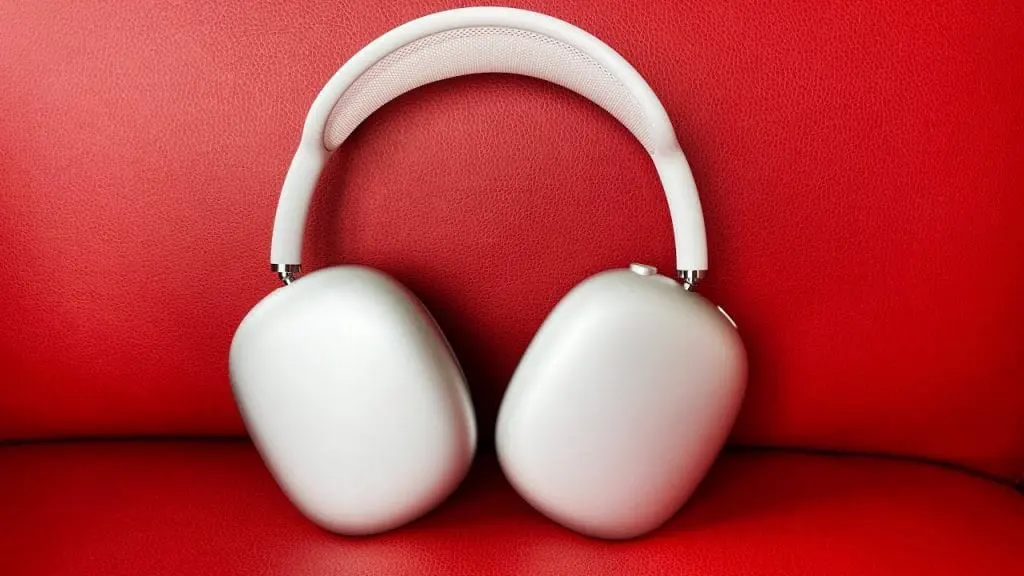Chinese authorities are imposing stricter export regulations on Apple as part of a purported crackdown on technology that might have military applications.
Although the intensified inspections are framed as security measures, many suspect that the underlying motivations are primarily economic and political…
Apple’s Efforts to Decrease its Reliance on China
For several years, it has been evident that Apple needs to decrease its reliance on China as a manufacturing hub, prompting the company to gradually expand production in India, Vietnam, and other locations.
India has long been identified as Apple’s main alternative manufacturing base, with optimistic reports suggesting that up to 25% of all iPhones could be produced in India by 2025, potentially increasing to 50% by 2027.
While progress has been somewhat slow, a significant achievement was made last year when iPhone 16 manufacturing commenced in India shortly after its launch—marking the first instance of a flagship phone being produced in India so early in its lifecycle. Apple is reportedly planning for iPhone 17 production to initiate concurrently in both China and India.
Alleged Crackdown on Military Technology
Given that a substantial number of iPhone components are made in China, Apple must export these parts to India and other regions. Nikkei indicates that these exports have been impeded by a new law enacted in China last month.
According to multiple sources, China is intensifying scrutiny over exports from Apple and other American technology firms, obstructing their attempts to ramp up production in Southeast Asia and India.
The stricter customs checks are a response to dual-use technology export regulations implemented by Beijing in early December, leading to delays ranging from days to weeks for shipments of production equipment and materials destined for Vietnam and India.
The term “dual-use” pertains to technology that the Chinese government claims can serve both civilian and military purposes.
Likely Driven by Economic and Political Factors
The truth is that these measures have been spurred by a blend of economic and political motives.
Economically, China clearly aims to complicate Apple’s efforts to relocate manufacturing capabilities out of the country. Politically, with President-elect Trump threatening an additional 10% tariff on all Chinese imports to the U.S., China seeks to underscore its potential for retaliatory measures.
This warning has already propelled other American tech giants, such as Dell and Microsoft, to expedite their initiatives to diversify production outside China.
“Based on my observations, Trump’s tariff threats and the decline of the Chinese economy are major factors behind the escalating Chinese customs checks,” stated tech supply chain analyst Chiu Shih-fang to Nikkei Asia.
One source revealed that even components not listed under the dual-use category are experiencing scrutiny.
“What troubles us more is that certain items and tools that aren’t on the dual-use list are also undergoing stricter customs reviews simply due to having similar HS codes,” noted an insider from another American firm. “Even some speed testing devices for smartphones can be deemed by customs as possibly relevant to military use.”
Various materials and equipment affected by these tightened checks have been documented.
Photo by National Cancer Institute on Unsplash
: . More.




